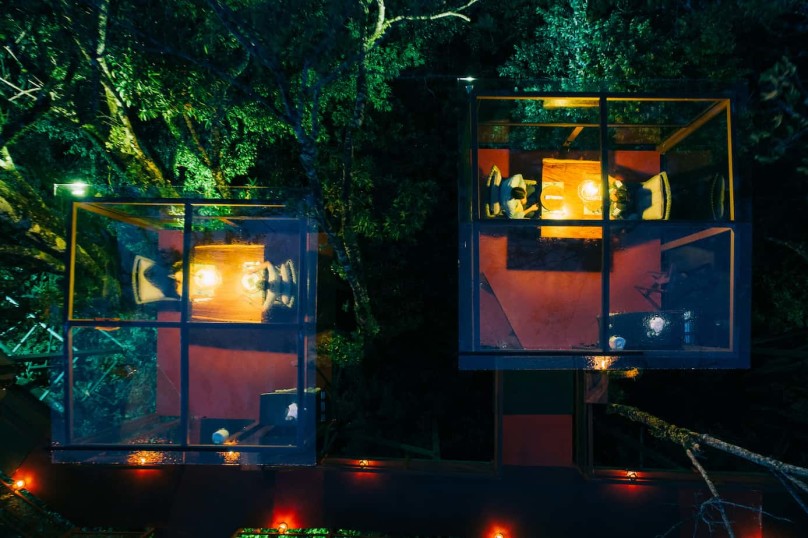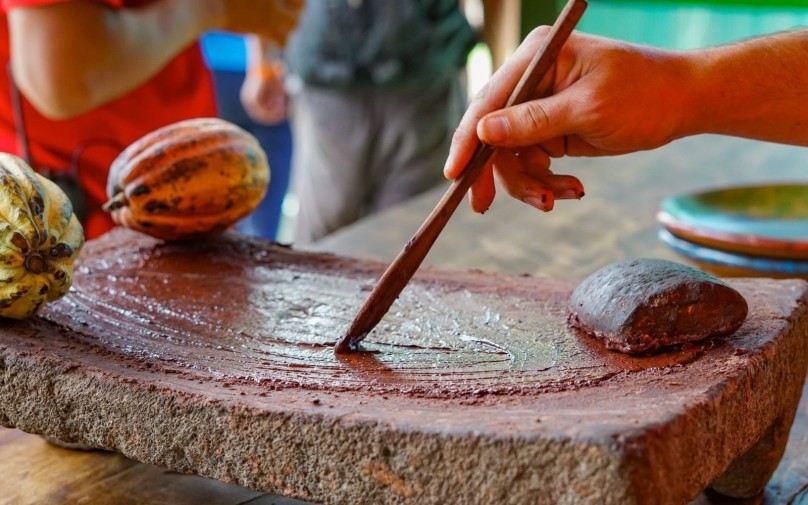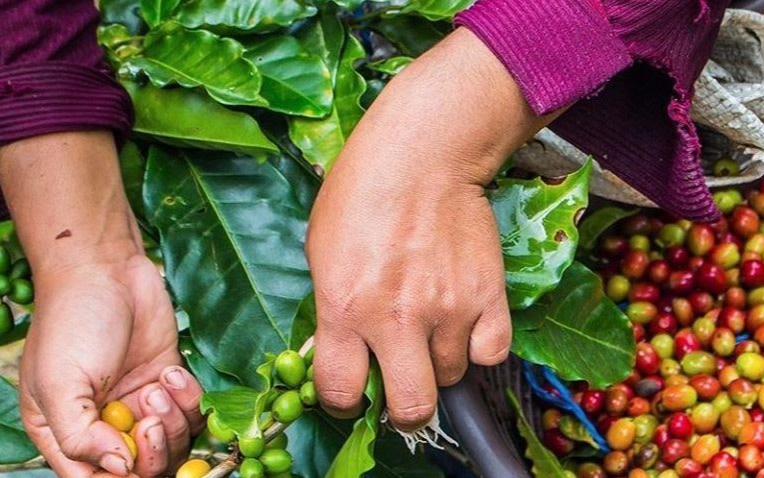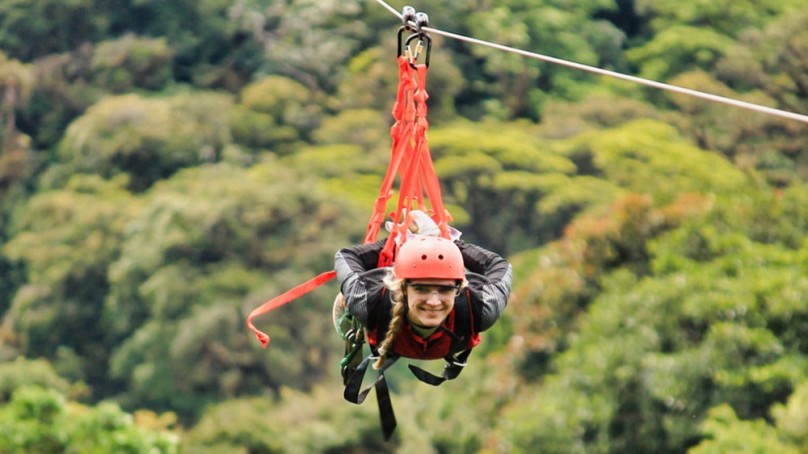
Nestled in the lush landscapes of Costa Rica, Palma in Alajuela Province is a hidden gem waiting to be discovered. This charming town offers a perfect blend of natural beauty and cultural richness, making it an ideal destination for both locals and tourists alike. Imagine starting your day with a visit to the Baldi Hot Springs, where you can soak in the purest and safest thermal waters in the world. The rejuvenating experience is a perfect way to unwind and connect with nature. Palma is not just about relaxation; it’s also a gateway to adventure. The surrounding areas are perfect for hiking, bird watching, and exploring the diverse flora and fauna that Costa Rica is renowned for. Whether you’re a nature enthusiast or simply looking to escape the hustle and bustle of city life, Palma offers a serene retreat that promises unforgettable memories. Come and discover the magic of Palma, where every moment is a new adventure waiting to unfold.
Nestled in the lush landscapes of Costa Rica, Palma in Alajuela Province is a hidden gem waiting to be discovered. This charming town offers a perfect blend of natural beauty and cultural richness, making it an ideal destination for both locals and tourists alike. Imagine starting your day with a visit to the Baldi Hot Springs, where you can soak in the purest and safest thermal waters in the world. The rejuvenating experience is a perfect way to unwind and connect with nature. Palma is not just about relaxation; it’s also a gateway to adventure. The surrounding areas are perfect for hiking, bird watching, and exploring the diverse flora and fauna that Costa Rica is renowned for. Whether you’re a nature enthusiast or simply looking to escape the hustle and bustle of city life, Palma offers a serene retreat that promises unforgettable memories. Come and discover the magic of Palma, where every moment is a new adventure waiting to unfold.






















